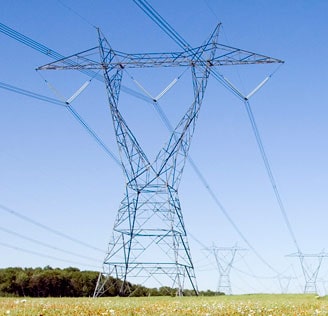Alberta’s weighted average Power Pool price for July is currently $129.38/MWh. Relative to last week’s price of $153.68/MWh, this is a decrease of $24.30/MWh or 15.8%. This past week, pricing settled to $80.25/MWh, in contrast to $153.68/MWh for the first two weeks of the month. Normalized weather patterns helped soften prices, as the province is no longer under heat warnings and demand levels dropped as a result. Previous demand levels settled to 9,991MW, whereas last week averaged 9,886MW, a difference of 105MW or 1%. One of the main differentiating factors has been an increase in solar capacity, which helped widen the supply cushion and mitigate market volatility.
This past week, TransAlta completed its second of three planned generator conversions. To reduce their greenhouse gas emissions by 2030, the company has planned to cease all coal operation by January 1st, 2022. Keephills Unit 2 was a coal-fired generation asset capable of providing 395MW of electricity to Alberta’s grid, and will now utilize natural gas as the fuel source.
The weighted average Hourly Ontario Energy Price (HOEP) is at 2.7¢/kWh for the month of July, unchanged compared to last week’s settle. With demand and supply both increasing at similar rates, HOEP has remained stable despite strong injections from natural gas into the grid (+21%, 1,539MW). While wind has decreased its supply compared to average July levels (-7%, 862MW) and nuclear’s baseload has remained stable (10,312MW), all remaining generation sources have increased their supply: hydro (+5%, 3,732MW), solar (+4%, 102MW), and biofuel (+2%, 46MW). With the first Global Adjustment estimated at 7.2¢/kWh and the first estimate recovery rate at 0.5¢/kWh, July’s total market price is 10.4¢/kWh.
In other electricity news, General Electric (GE) announced its commitment to achieve net-zero carbon emission across its business and product lines by 2050, following a shareholder vote in May 2021. Part of GE’s commitment includes the improvement of power generation equipment through its alliance with Hitachi (GE Hitachi Nuclear Energy, or GEH) to deploy small modular reactors (SMRs) in Canada and beyond. GEH has created 80 high-skilled jobs at its headquarters in Markham, Ontario. The SMRs that will be built at their facilities will be carbon-free, could generate up to 300MW of electricity, and will have a natural circulation water-cooled system.
– Mark Ljuckanov, Energy Advisor / Ryan Cosgrove, Energy Data Analyst / Sarah Clemente, Energy Data Analyst








Add comment